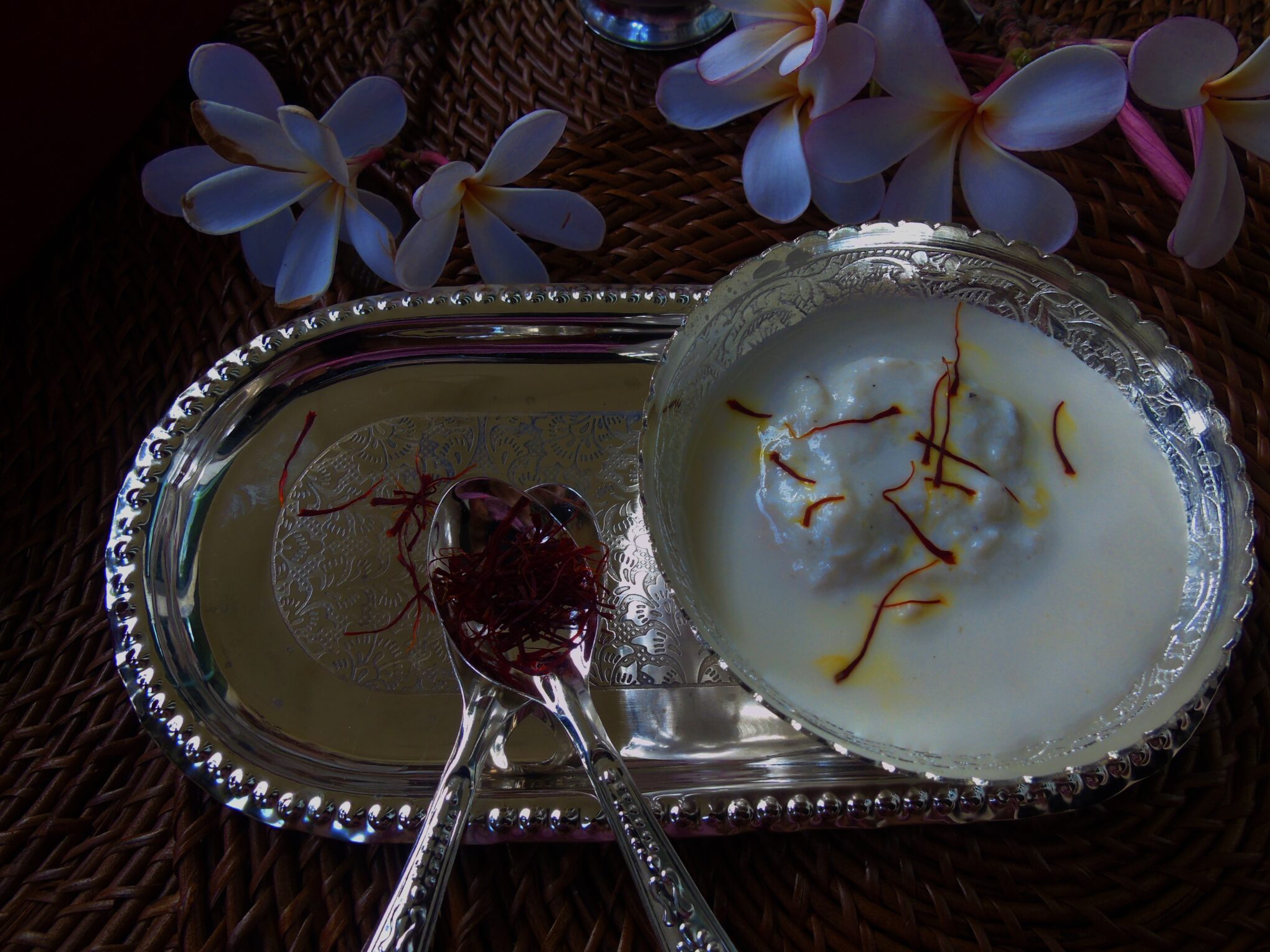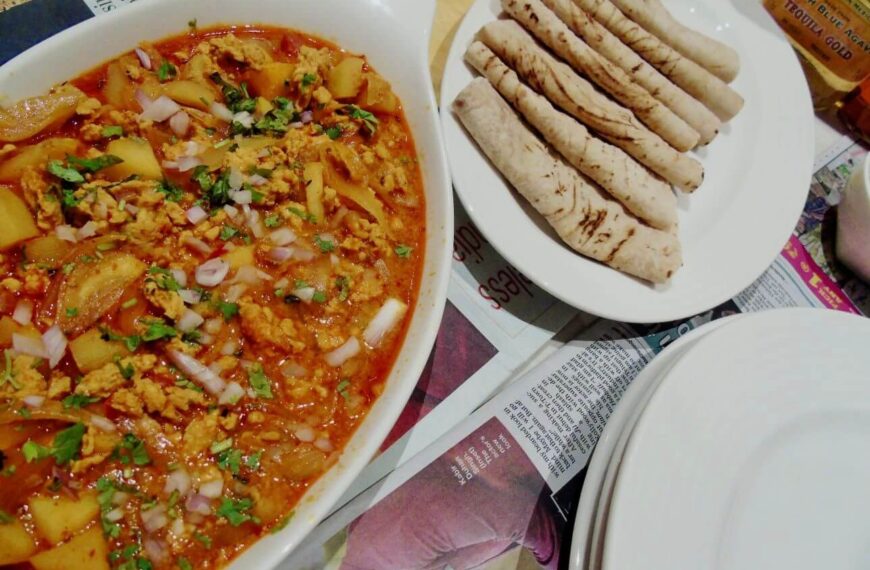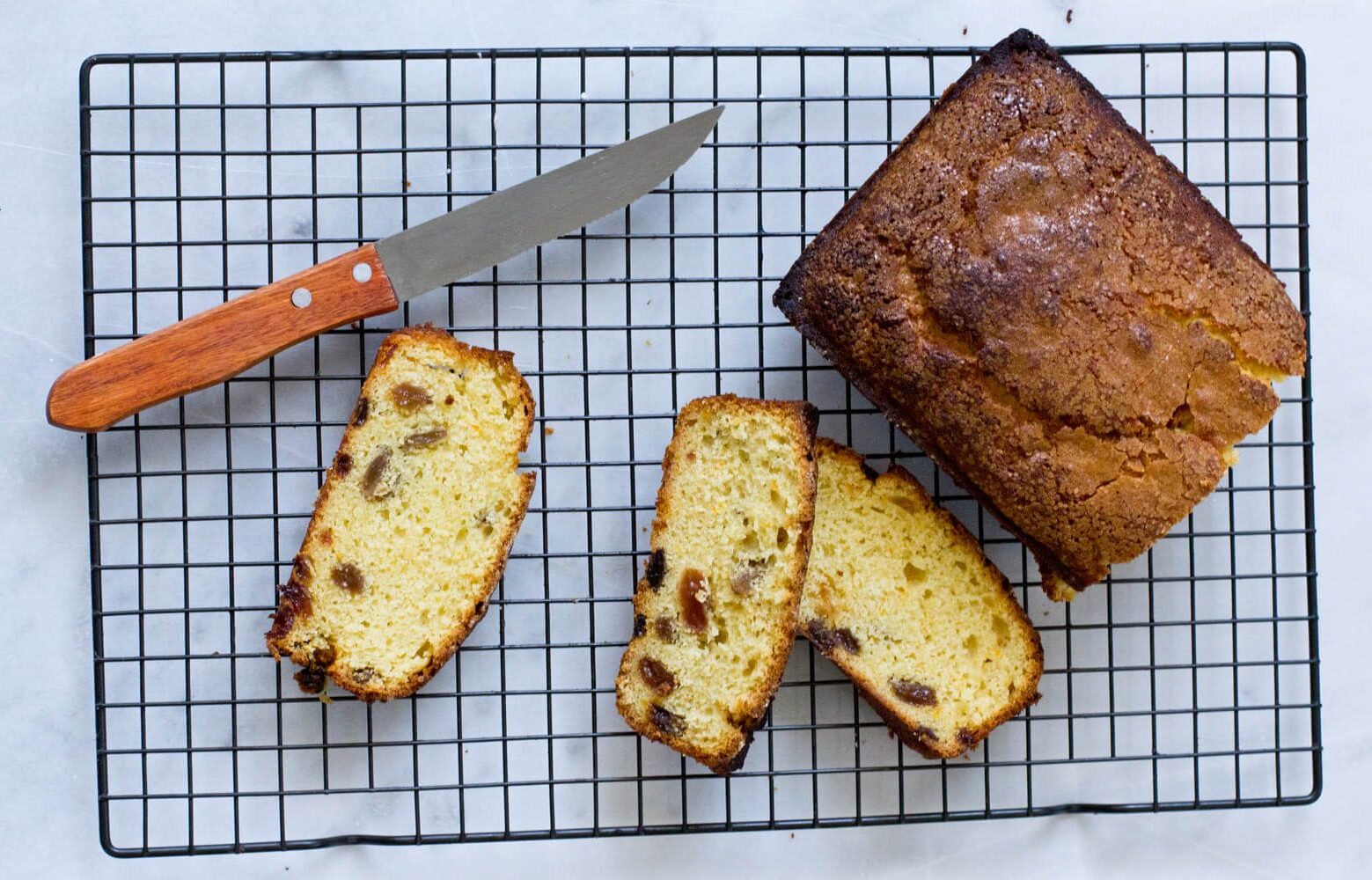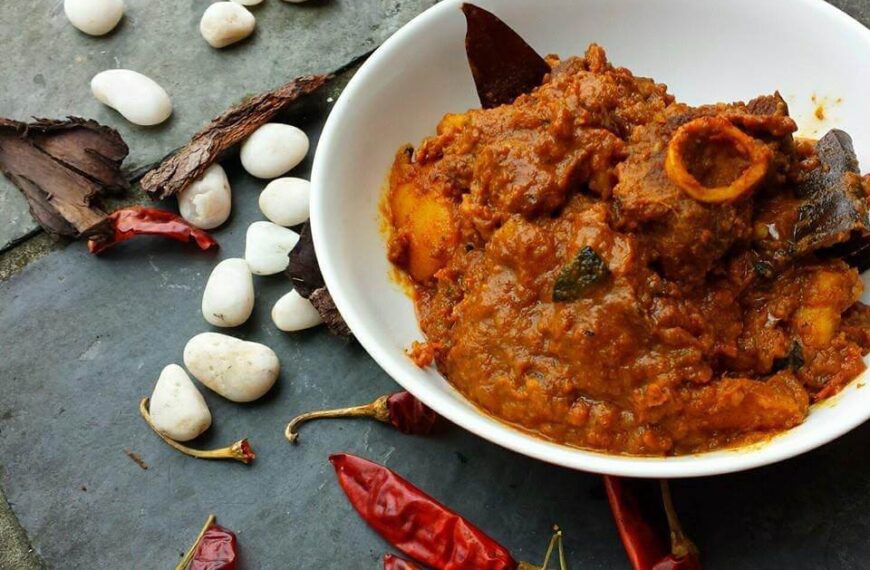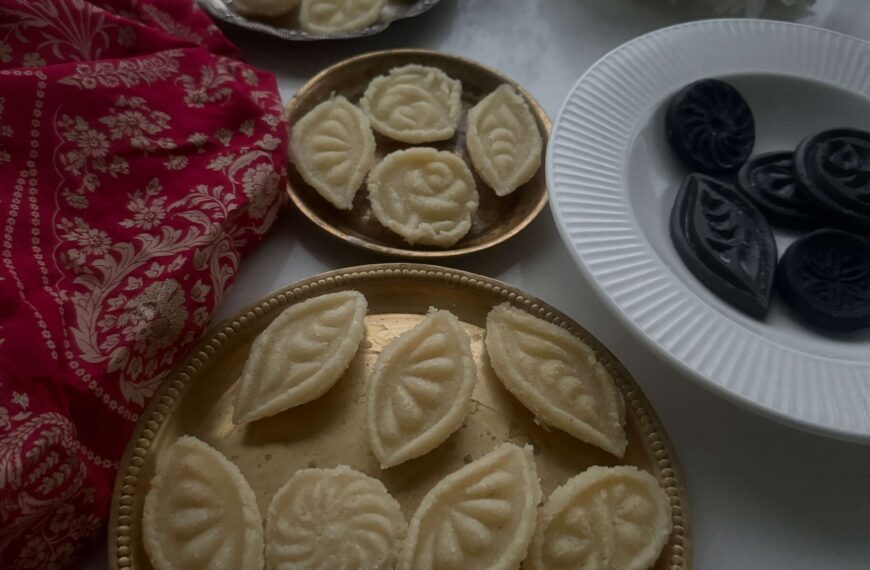Sarika tells us how festivities changed as she grew up. Family and friends are of greater significance. She is saddened by honour killing and hopes that festivities would remove bitterness, marking a new beginning, as promised by Makar Sankranti. An exclusive for Different Truths.

Makar Sankranti is just over, the first harvest festival of the year.
Festival brings lots of memories, laughter, camaraderie and creates intimate surrounding by erasing all grudges among all. Festivals always help us to keep connected to our roots, our culture, our values, and our origin.
It is a perfect time to embrace good hopes.
At times I wonder, the way meaning of a festival is changing with every passing year. During our childhood days, it was holidays, no studies, new dresses and lots of foods. Into college and university, we are completely involved with planning, gossips with friends and nonstop food. Food is constant. But now it is completely different. I just want everyone to be happy around me. Now, I love to see happy and positive people around me, who inspire me. No grudges, for others, erase all the bleak moments and try to create beautiful memories.
A few days ago, an incident of honour killing was raging in my city. A man killed his son-in-law only because he belonged to another caste. That man cited his version or to be precise he justified his deeds (in his own way), however, justice is yet to prevail.
I just wanted to know, does caste differences, social stigma, status (social and individual) can be above parents’ love? In their minds, those parents always value family reputation more than their own children. It might sound horrid but that’s their opinionated belief. The prime reason is that they are still far away from humanity. Is Indian morality many years behind the western standard when it comes to equality? Whatever may be the reason, if a child is not safe with their parents where on earth would they go?
May this festival give them an opportunity to forget all the not-so-good events of the past and initiate fresh and new beginnings. May the festival bring smile, peace, love and lots of happy moments.
Life is a festival, if you know how to celebrate it.
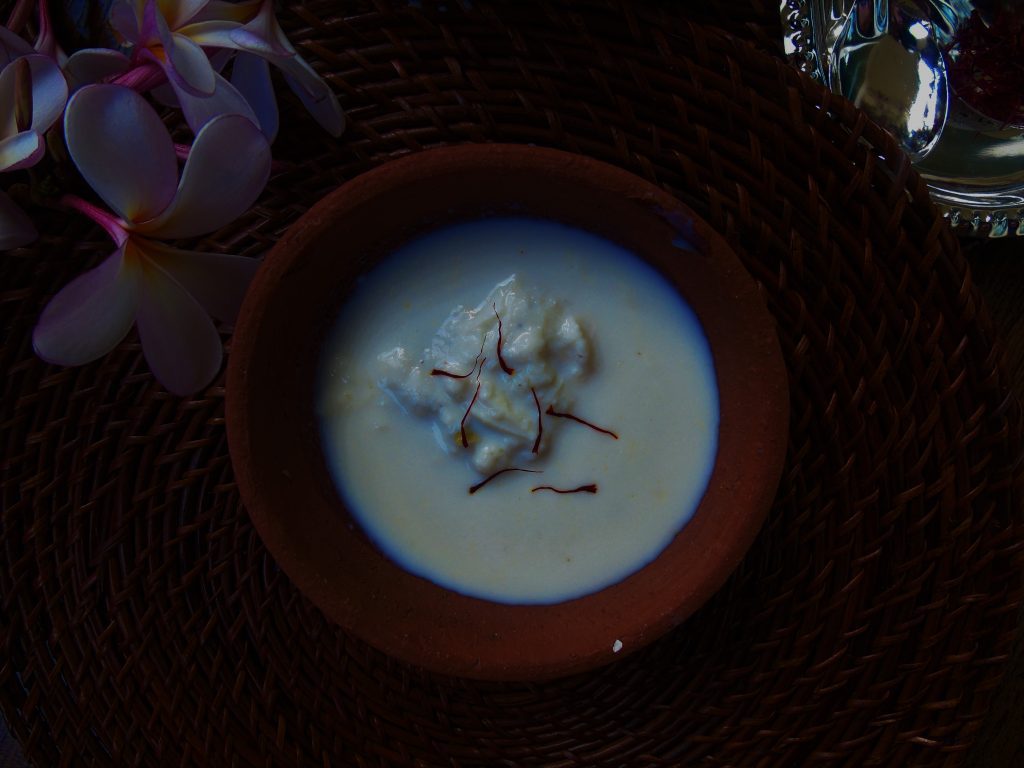
This harvest festival is one of the grand festivals in Assam. But this time, my home-state is going through some rough phase. Hope no political reason will disrupt the peace of the land.
Festivals are incomplete without sweets, so here I am sharing a recipe of Kheertua, which I prepared a few days ago.
To make Kheertua, we need the following:
Ingredients
2lit milk (full fat)
Sugar-1/4th cup (according to taste)
1/3 saffron
Cardamom powder
For Paneer:
Milk 750 ml (low fat)
Lemon juice 1 tbsp
For Rabri:
1 litre + 1 cup milk
Sugar 1/4 cup
Cardamom powder 1 pinch
Saffron strands few
Method
How to make Kheertua
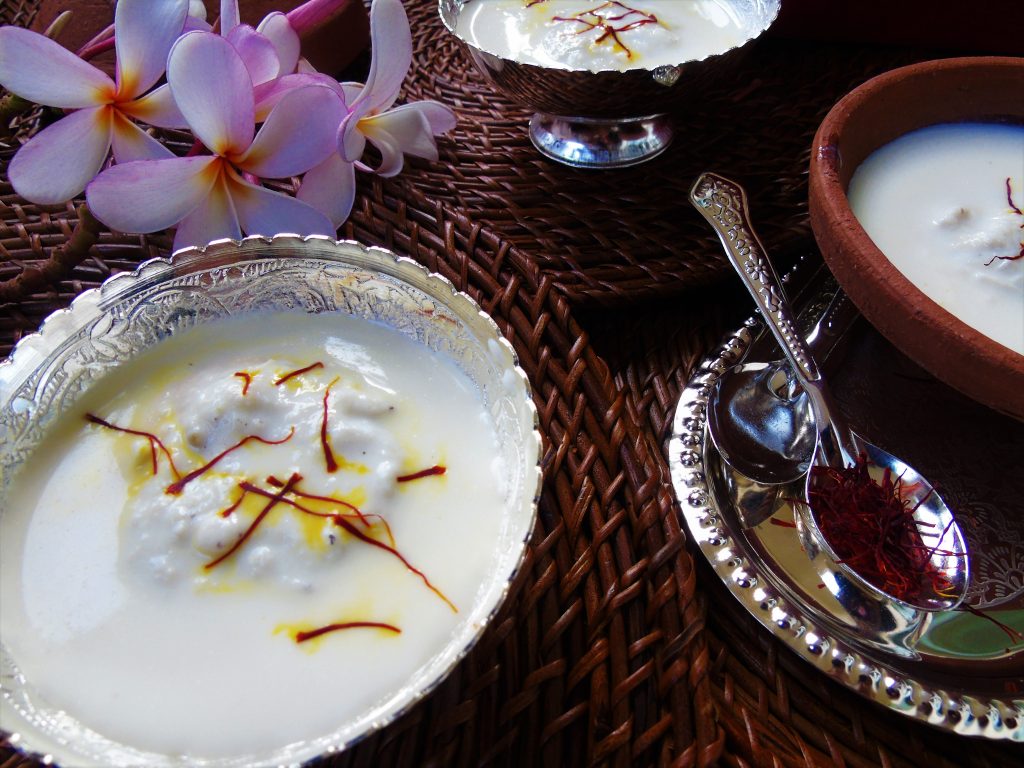
1. Boil milk in a pan
2. Then add lemon juice
3. When milk will start curdling, switch off the gas. Stir slowly
4. Now strain chena in a cheesecloth.
5. Wash chena under running tap water
6. Now tie the cloth and hang for 45 mins
7. Knead well for 10 to 15 minutes/
8. Make small equal size balls
9. Now give them oval shape and press lightly
10. At this point, boil 1-liter milk in a large heavy pan on medium heat
11. Scrape the sides and also keep the fatty layer in one side
12. Boil the milk until it’s half the quantity.
13. Once reduced to half, add sugar, cardamom, powder, saffron strands and stir gently.
14. Add chena pieces one by one into the boiling milk
15. Cook both the sides for around 5 to 6 mins
16. Once milk thickens turn off (optional: at this point you can add grounded pistas into it)
17. Serve it when it cools down to room temperature or chill it with a garnish of saffron
18. Kheertua is ready.
Photos by the author
#Food #Desserts #Shankranti #FoodAndCelebration #IndianCooking #Foodies #DifferentTruths

